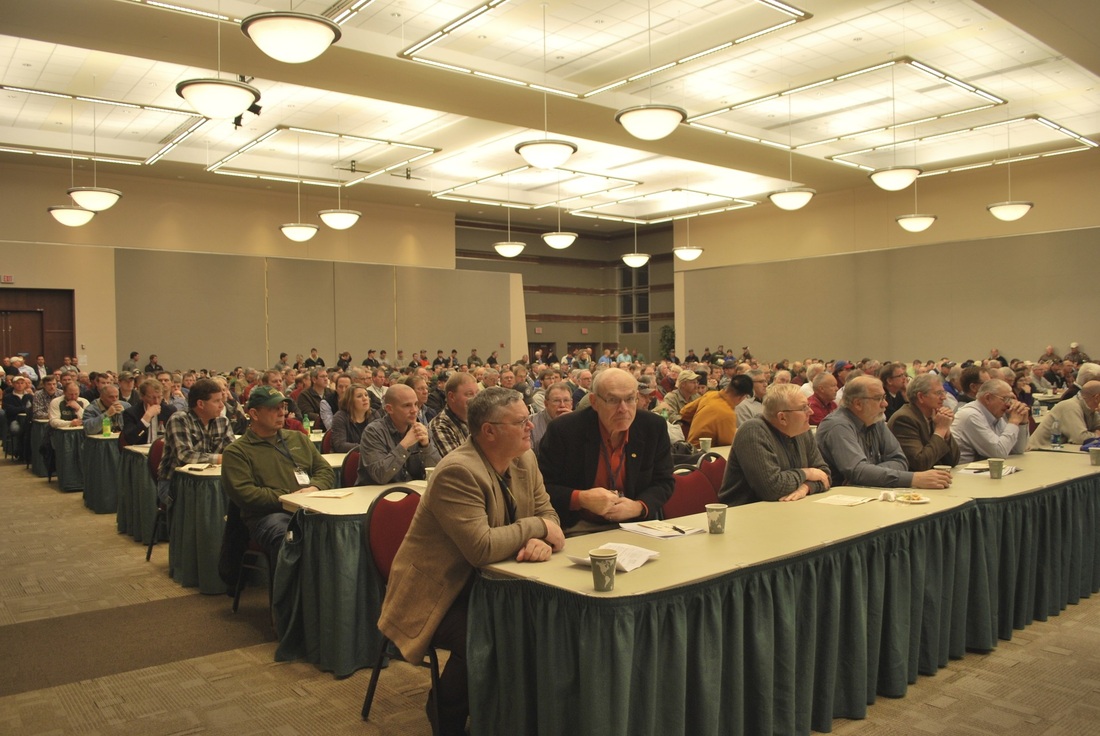The Humane Society of the United States may sound like the local shelter where we just got our new puppy, and their website includes "pets and shelters" and "animal rescue and care" on their list of 4 areas of work, but they spend over twice as much money on advocacy and public policy than they do on cruelty prevention programs. Their website and annual report are full of pictures of cute puppies and kitties, but the majority of their budget goes towards lawyers and lobbyists in suits. If you want to save a dog or cat, send your money to your local animal shelter. If you want to save a lobbyist in a suit, send your donation to HSUS. They are an organization of talk, not of action.
So I was reassured when I started looking into The Nature Conservancy. I have admired The Nature Conservancy from afar, impressed with their work on the Glacial Ridge project in Northwest Minnesota. They bought more than 24,000 acres, some of it farmland, and have converted it to native prairie. It was somewhat controversial among farmers in Northwest Minnesota, but I think nearly everyone has grown to appreciate their work. If you donate to the Nature Conservancy, the money is going directly to conservation activities and land purchases and easements. It's an organization of actions, not words. That impresses me.
I became even more impressed when I read an editorial given by the President and CEO of the Nature Conservancy, Mark Tercek. He's a vegan, and head of one of the largest conservation organizations in the U.S., but I was so impressed with his common sense approach. I don't want to paraphrase his article, but I do think it's a worthwhile read for every farmer, and actually anyone who eats.
Farmers are the original environmentalists. We've been working to take care of the land, even before it was mainstream. I am happy to have found an environmentalist that is working to better the world, and not just create hype and hysteria. I guess I appreciate it because farmers are people of action. We don't spend our days on news networks trying to scare people over potential food shortages. Instead, we spend our days working in the fields, trying to make sure those shortages never occur.
Last winter while attending an extension seminar on soybean production, I took a look at the room full of farmers, probably 200 of them, and realized how much work farmers do trying to produce more with less. This group of farmers was spending their entire day listening to the latest research on disease, fertilization, row spacing, all areas of soybean production. How can we get one more bushel from our fields, and how can we do it with fewer inputs? Tomorrow it's a wheat production meeting, or corn, but the education, and improvements in production, never end. If you want to keep eating, we'll keep feeding you.
Take a few minutes and read the article from Mark Tercek. I think you'll enjoy it.
http://www.huffingtonpost.com/mark-tercek/a-new-diet-for-the-planet_b_3189719.html?utm_hp_ref=tw?show_comment_id=249768954#comment_249768954

 RSS Feed
RSS Feed